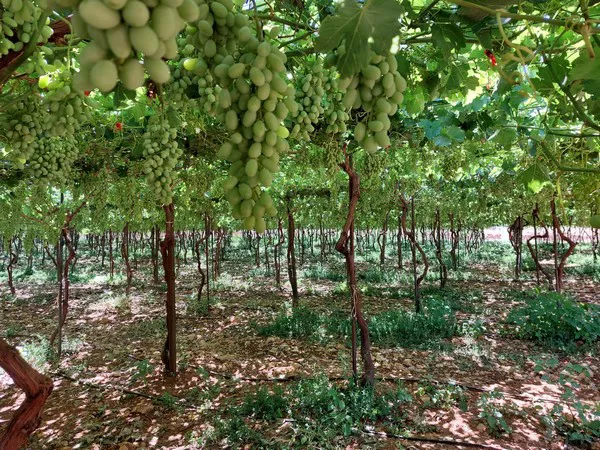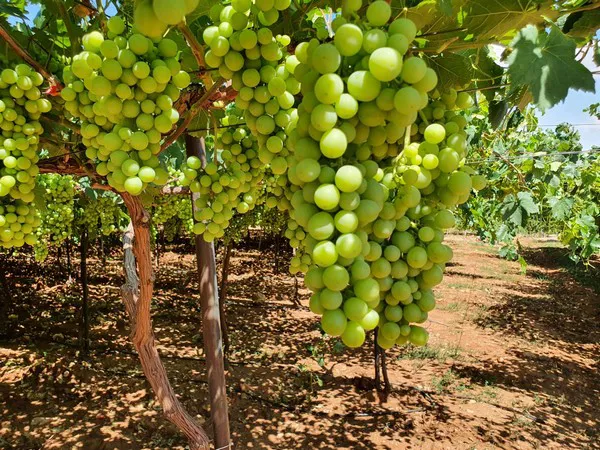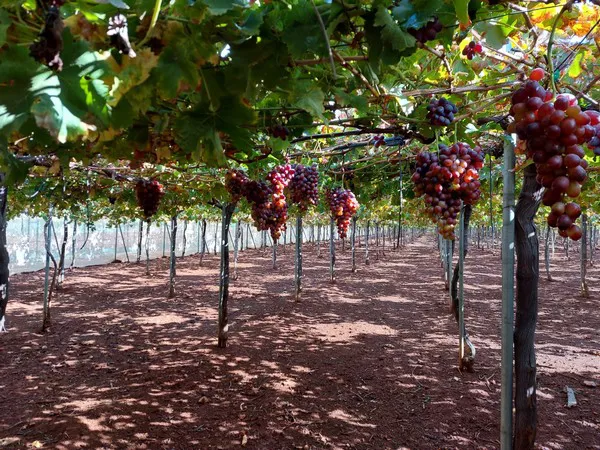A visit to selected Lebanese exporting companies was organized this week by export coaches Ms. Hania Chahal and Mr. Piet Schotel, within the framework of the CBI Fresh Fruit and Vegetable Project Lebanon.
“21 companies, both producers and exporters, are enrolled in the project and receive export coaching to target European as well as other markets. They’re coached on export readiness, markets requirements and business management, and are basically taught how it’s done, in the various markets. Once ready, they are able to participate as exhibitors in international trade fairs such as Fruit Logistica or Fruit Attraction, assisted by the CBI Team.”

In this last edition of Fruit Logistica in February, the Lebanese participation in Fruit Logistica was a big success according to the coaches: “Seven companies participated in the fair and made promising contacts, especially the exporters focused on avocados. They received serious interest from buyers and attracted more attention than others,” Chahal explains.

The visit carried out this week was mostly aimed at the companies targeting European markets, discussing and setting follow-up actions to build on the success of the fair and the contacts made. “One particular issue was raised across the exporters, particularly ones dealing with table grapes: breeder rights. It was hot topic of discussion as it represents a major challenge risking further success of the Lebanese table grapes in Europe,” Schotel explains. “Lebanon hasn’t signed the international breeder rights agreement (UPOV), and this makes it difficult for the producers to produce the newly patented varieties. Appeals to breeders, mainly Sun World, to make individual exceptions for growers which have their production under control and having a management to administrate correctly did not lead to any window of opportunity.”

According to Schotel, the production of table grapes is expanding rapidly in Lebanon, given the increase in higher quality, professionalism and certified packing facilities. “It would be wise for breeders to acknowledge this and allow some specific growers to work with their patented varieties and find opening to the European market faster. With the struggling and crippling economic and political crises, it may take too long before the UPOV would be signed,” he concludes.
For more information:
Piet Schotel
Fruit Consultancy Europe
Mob: + 31 (0) 653 381 897
Email: piet@fruitconsultancy.nl
www.fruitconsultancyeurope.nl
